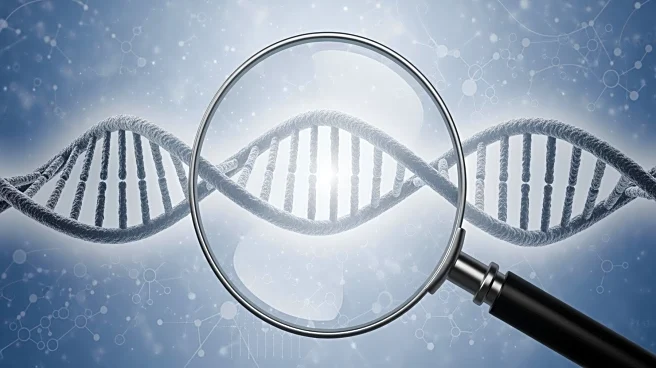What's Happening?
A matched cohort study in Sweden has confirmed an increased risk of colorectal cancer (CRC) and malignant melanoma in individuals with Birt-Hogg-Dubé syndrome (BHDS), a genetic condition. The study utilized
national register data and genetic information to analyze cancer prevalence, revealing a 5-fold increased risk of CRC and a 2-3-fold increased risk of melanoma among BHDS patients.
Why It's Important?
The findings highlight the need for targeted cancer screening and prevention strategies for BHDS patients, who face higher risks of certain cancers. Understanding the genetic basis of these risks can lead to improved management and treatment options, potentially reducing cancer incidence and improving patient outcomes.
What's Next?
Further research is needed to explore genotype-phenotype correlations and refine cancer risk estimates for BHDS patients. This could lead to personalized screening protocols and preventive measures tailored to individual genetic profiles.
Beyond the Headlines
The study underscores the importance of genetic research in understanding cancer risks and developing personalized medicine approaches. It also highlights the potential for genetic testing to identify high-risk individuals and guide preventive healthcare strategies.








